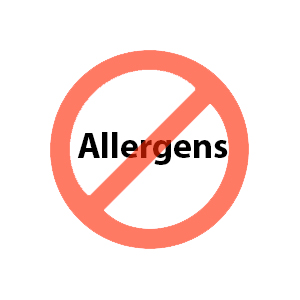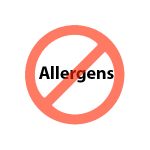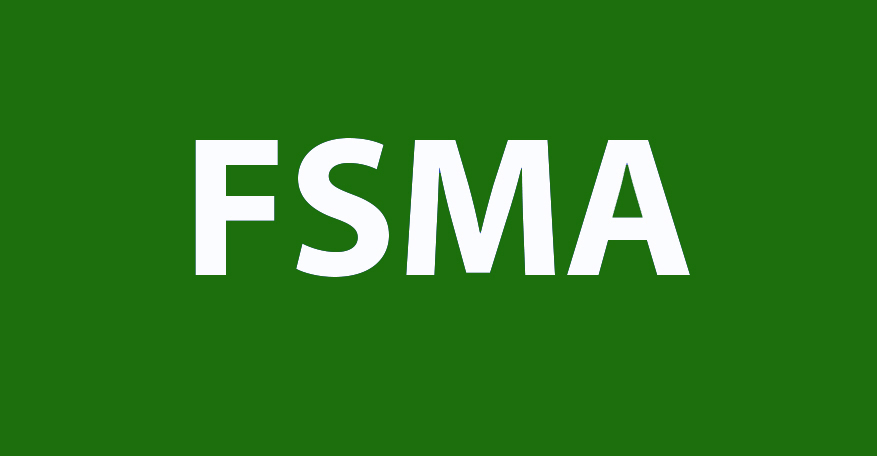The U.S. Food and Drug Administration (FDA) has issued a draft guidance for industry titled “Recommendations for Collecting Representative Samples for Food Testing Used as Evidence for Release of Certain Fish and Fishery Products Subject to Detention Without Physical Examination (DWPE) and Removal of a Foreign Manufacturer’s Goods from DWPE.” The draft guidance provides recommendations for collecting representative samples for seafood products subject to Detention Without Physical Examination (DWPE) under an Import Alert because of the appearance of adulteration caused by pathogens, unlawful animal drugs, scombrotoxin (histamine), and/or decomposition.
The draft guidance, once finalized, will help foreign manufacturers and other processors of seafood products subject to DWPE submit evidence to the FDA to support a request to have their products removed from DWPE. It also addresses the concern that industry may experience challenges in supporting their arguments about the safety of seafood products subject to DWPE.
Per the draft guidance, foreign manufacturers or other interested parties requesting removal of product from DWPE should provide information to FDA to adequately demonstrate that the conditions that gave rise to the appearance of the violation have been resolved. This may include evidence of a root cause analysis, relevant corrections to the manufacturing process, and/or other controls that have been implemented to address the violation, and hazard analysis critical control point (HACCP) documents, in addition to testing results for consecutive non-violative shipments.
The number of consecutive non-violative shipments required is guided by the FDA’s Regulatory Procedures Manual (RPM), Chapter 9, Sections 9-8-15 and 9-8-16. Typically, five to 12 shipments help demonstrate that the conditions that gave rise to the appearance of the violation have been resolved, per the FDA.
The testing submitted should be from a statistically robust number of samples based on the size of the article and representative of the affected article. The draft guidance includes recommended analytical methods for testing, as well as sampling schedule recommendations with the amount (by weight) of product recommended for collection to represent each sample unit.
Download the draft guidance here.
Stakeholders can submit comments on the draft guidance by April 12, 2024, using docket number FDA-2023-D-5303.













